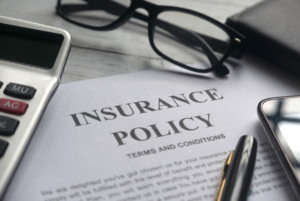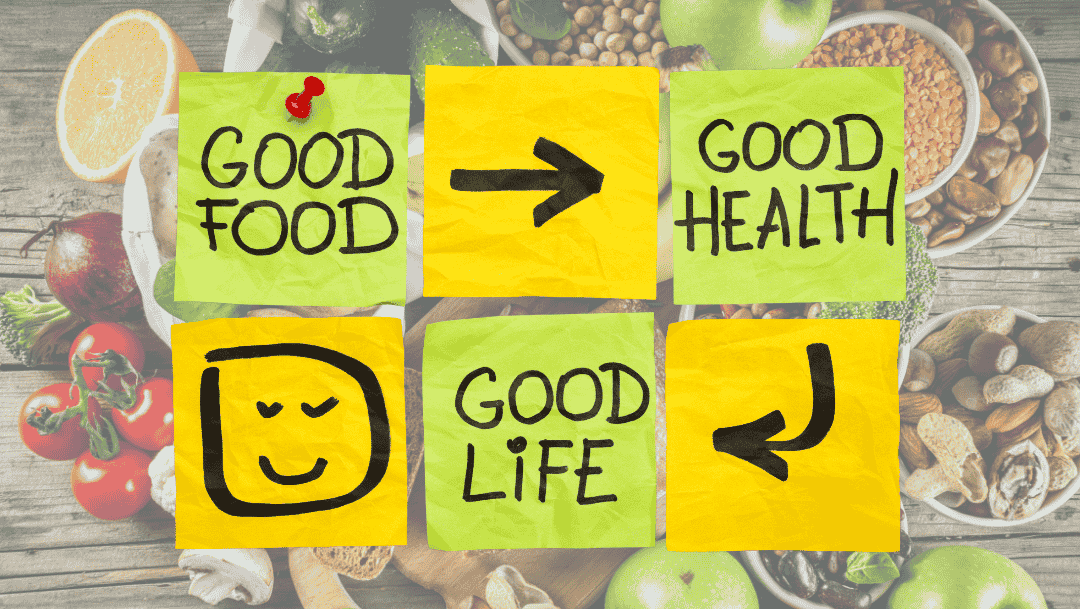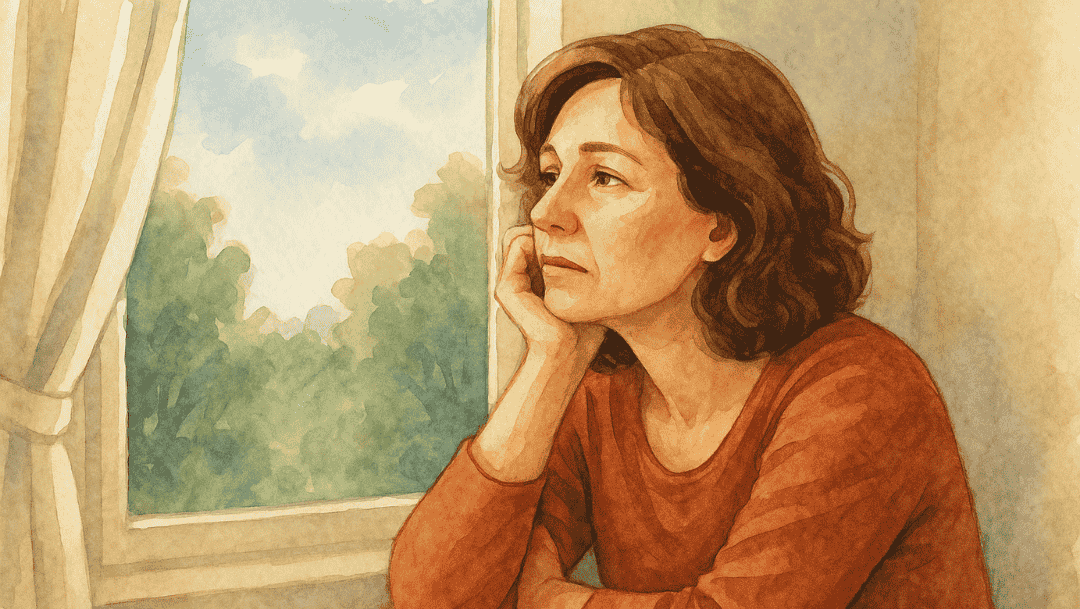
Midlife Money: Second pillar of financial literacy – Insure
Midlife Money: The second pillar of financial literacy – Insure![]()
By Vix Munro – Our Money & Wealth Expert
“Insure” is the second pillar of financial literacy. It’s the art of financial preparedness. It’s about protecting your assets, securing your future, and ensuring your loved ones are looked after, rain or shine. And it’s important because life can be unpredictable, throwing curveballs and presenting challenges when we least expect them.
But the good news is that we can equip ourselves with the tools and knowledge to weather any challenges that may come our way. So, here’s some of the things you may need to have in place in order to be prepared for the unexpected.
Emergency fund:
An emergency is like a financial safety net. It’s a pool of readily available cash that can help you weather the storm without needing to cash in your investments or take on debt. The amount you need in your emergency fund depends on your particular situation but is usually around 3 to 9 months of expenses.
Will:
 A will is a written document that speaks for you after you pass away. It covers many things, including how you want your property and assets to be divided, who will be guardian to your children if they have not reached adulthood, and the specific arrangements for your funeral. Anyone with property or assets needs a will, and it should be updated when life changes, such as marriage and divorce.
A will is a written document that speaks for you after you pass away. It covers many things, including how you want your property and assets to be divided, who will be guardian to your children if they have not reached adulthood, and the specific arrangements for your funeral. Anyone with property or assets needs a will, and it should be updated when life changes, such as marriage and divorce.
Power of attorney:
While a will is crucial for after you pass away, what if you have an accident or become incapacitated through illness? This is where the lasting power of attorney (LPA) comes in. An LPA allows you to nominate a person (or persons) to manage your affairs, both heath and financial. They act as your poxy in all your affairs and have the same rights as you do, such as selling your property on your behalf.
Living will:
A living will is a legal document that states your wishes about end-of-life decisions if you are not in a position to make them yourself. This includes medical treatments, pain relief, resuscitation instructions, and organ donation. It ensures that your preferences are known and followed, especially if you are suffering from a debilitating condition.
Life insurance:
 Life insurance is essential if you have dependents, such as a partner, children, or aging parents. It answers the question: What would happen to those around you if you were to die? Life insurance provides financial support to your loved ones. Purchasing life insurance is often more affordable.
Life insurance is essential if you have dependents, such as a partner, children, or aging parents. It answers the question: What would happen to those around you if you were to die? Life insurance provides financial support to your loved ones. Purchasing life insurance is often more affordable.
Disability (or critical illness insurance):
This will cover you for lost income in the event of a critical illness. If you and your family are dependent on your income from work, then you will likely need this. It will provide you with a regular income if you are unable to work and/or a lump sum if you’re diagnosed with a critical illness like cancer. The difference between this and life insurance is that it’s paid to you while you’re alive whereas life insurance is paid to your beneficiaries upon your death.
Health/medical insurance:
In countries like the US, health insurance for you and your family is very important because healthcare is ridiculously expensive there. We’re very lucky in the UK, having the National Health System (NHS), which means we don’t need medical/health insurance. Though you may decide you want health insurance to cover you in the event of a major medical problem, and giving you access to private treatment.
Home insurance:
The two types of home insurance you may need are buildings and contents insurance. Buildings insurance covers the fixtures and some fittings in your home. Contents insurance is there to replace your possessions should they be stolen, damaged or lost. Many people are under-insured in terms of both buildings and contents which is dangerous, should your home be destroyed by flood or fire, as you would need to rebuild it.
Car insurance:
In most countries, you are legally obliged to have car insurance, at least basic third-party cover. But you can also have comprehensive cover that will cover everything in the event of an accident.
In Case of Emergency file:
Even if you have your finances under control, administrative tasks can be challenging for some. In case you become incapacitated or pass away, you can create an In Case of Emergency (ICE) file. It can be physical or electronic – a file with coloured tags or an Excel spreadsheet with individual tabs at the bottom. Be sure to let your loved ones know its location and password in case of an emergency.
Protecting your financial future is an act of love for yourself and your loved ones.
By having these essential elements in place, you can navigate life’s uncertainties with confidence and ensure that your financial legacy is secure.
I’ve previously written an article on the first pillar of financial literacy – Receive.
I’ll be writing articles over next few months about the other pillars of financial literacy, based on my RICHES model:
R – Receive
I – Insure
C – Clear
H – Hold
E – Expand
S – Spend
So, no matter where you are in your financial literacy journey, there’ll definitely be something in these articles for you.
Love Vix
“It wasn’t raining when Noah built the ark.” – Howard Ruff
 Vix Munro is a certified financial coach, mentor, and educator. She’s also an entrepreneur, author, and eternal optimist.
Vix Munro is a certified financial coach, mentor, and educator. She’s also an entrepreneur, author, and eternal optimist.
She’s passionate about money, investing and the economy. Her mission is to help women create and grow wealth so that they can live the lives they want.
She believes we all have the ability to transform our money mindset, rewrite our money story and become financially empowered. And that this can be liberating, life-changing and fun.
Vix is author of – Financial Cliteracy: A Woman’s Guide to RICHES and Financial Pleasure




This Post Has 0 Comments